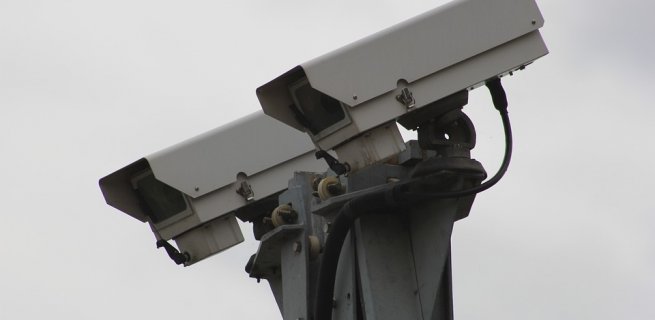Are police listening in on your conversations?
Police aren’t allowed to just listen in whenever they feel like it – the proper procedure involves applying to the court for a warrant which allows them to use surveillance devices to intercept telephone conversations.
This procedure is supposed to ensure that a decision is made by someone who knows the legal requirements for a warrant and is independent of the police investigation, so that warrants are not misused.
But it appears that this is not how the system is working – with judges simply rubber-stamping nearly all warrants that come before them.
In fact, a total of just 6 out of 363 warrants sought in the first half of 2014 were refused – which is less than 2%.
ICAC Inspector David Levine recently revealed that he never refused a warrant during his time as a Supreme Court judge. He told an inquiry into the police bugging scandal that he “looked to see if there is someone named in this warrant who is named as M. Mouse or D. Duck”, and did little else before approving the warrant.
How are applications for warrants made?
In order to apply, the law enforcement officer is supposed to believe that:
- A relevant offence has been, is being, or is likely to be committed;
- An investigation into that offence is being, or is likely to be conducted; and
- The use of a surveillance device is necessary for the purpose of an investigation into that offence in order to enable evidence of the offence, or the identity or location of the offender, to be obtained.
The judge may grant the warrant if satisfied that there are reasonable grounds for the suspicion or belief upon which the application is based.
When deciding whether or not to grant a warrant, the judge must look at:
- The gravity of the alleged offence in respect of which the warrant is sought;
- The extent to which the privacy of anyone is likely to be affected;
- The existence of any other means of obtaining the evidence or information sought and how these means may help or prejudice the investigation;
- The extent to which the information sought to be obtained would exist the investigation;
- The value of any information sought; and
- Any previous warrants sought or issued in respect of the same offence
But it appears obvious that most judges are simply approving warrant applications that come before them without review, rather than properly evaluating their legitimacy.
Police misconduct
Knowing that their warrants will almost certainly be approved without scrutiny, it has been uncovered that police have been submitting applications with little or no merit – often engaging in ‘fishing expeditions’ in an attempt to dig-up dirt on people that they don’t like.
Several abuses of process were revealed during an inquiry into the highly publicised police bugging scandal, including warrants that did not meet the criteria or did not have any reasonable prospects of yielding evidence about an offence.
The inquiry also revealed that police were systematically failing to destroy recorded conversations; instead filing them away for possible future use.
Section 41 of the Surveillance Devices Act 2007 requires the chief officer of a law enforcement agency to ensure that records and reports are kept securely, and destroyed if they are not likely to be required in connection with an offence.
Recent changes
The inquiry has urged Premier Baird to review the system of warrant applications. Meanwhile, the NSW Chief Justice, Tom Bathurst has instituted his own changes. As of last month, judges have been required to give written reasons when they issue warrants. Those reasons are now placed in a sealed envelope, together with the documents submitted in support of the application.
Greens MP David Shoebridge said that the current scheme is nothing more than “pretend oversight” by courts who are too overwhelmed by the large numbers of applications that they don’t have the time to assess them properly.
NSW courts are now reportedly receiving an average of five warrant requests every day (much more than early 2014), usually from the NSW Police, ICAC and the AFP.











